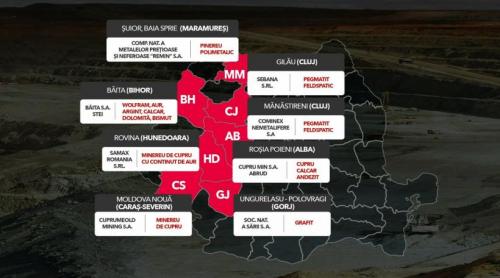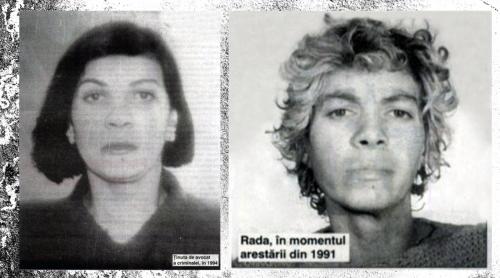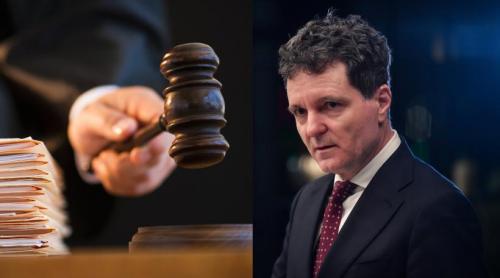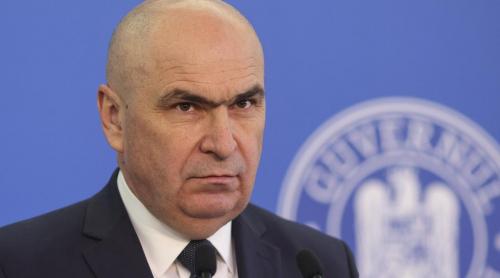
When the frozen EU was striving to determine Russia and Ukraine to resume the gas supply for the European houses and factories, Traian Băsescu, the president of a parliamentary republic, has found appropriate to call Mr. Vladimir Putin, the Prime Minister of a presidential republic, to exploit the crisis for his personal goals.
Shortly after that, as a response to the question of a reporter, Vladimir Vladimirovich sent an offer one can't deny to the Romanian President: Russia will give the gas to Romania and will allow our country to sell it to renitent Ukraine; Russia will integrate Romania in the Russian project of the South Stream pipeline; Russia is ready to sell gas directly to Romania. One can conclude that these were the issues that Mr. Basescu talked about. If so, their disclosure is an outrage, expressing his refusal to any confidences with the Romanian Head of State. If not so, we are dealing with a maneuver that transforms his unadvised initiative into a proof of his duplicity, fueling suspicions both in Brussels and in Kiev. Mr. Putin loves betrayal, but not the traitors.
His hint that Romania could become an intermediary in the sale of the Russian gas to Ukraine is, in fact, a "warning-offer" made to Kiev, thus invited to choose between two not so favorable situations: the Romanian or the Russian neighbor, both demonized by the Ukrainian nationalism, and to observe the way in which the Romanian orange representatives join the Moscow orange-haters, transforming the Russian-Ukrainian dispute into a European-Ukrainian dispute. One can easily imagine the smile of Mr Putin at the thought that, by accepting his offer and becoming a transit country for the Russian gas, Romania will have to face, on one hand, with the bad payment behavior of Ukraine and, on the other hand, with the EU pressure.
Romania's participation in the South Stream, which would be in direct conflict with the European Nabucco project, is, in the Russian perspective, supposed to have double merit of fracturing the solidarity of the EU members and to put additional pressure on the countries already seduced by the Russian offers (see Bulgaria), increasing the competition for Moscow's favors. Germany has done the same, but what is allowed to Berlin is not allowed to Bucharest. Furthermore, Romania is objectively interested in a common European policy on energy. Or, what is not good for the EU, because it isn't integrated in its strategy, is not good for Romania.
Therefore, the reasons for which Gazprom, a state company that administrates the Russian gas reserves, started to sale using private intermediates were the need to avoid the accusation of political manipulation of gas commercialization, simultaneously with keeping the possibility of selling under the market price directly to the Governments sponsored by Kremlin. After they increased the delivery price, they returned the money into the political circuit (possibly through the network of the Ukrainian oligarchs). Taking into account their economic difficulties and the new report of global forces, Russia doesn't seem interested however in keeping the formula. Therefore, they decided that Gazprom would sell only at the market price (i.e. the price they desire). The offer to buy directly is not valuable anymore if the price is not subsidized politically. However, by exiting the European choir to do a duet with Russia, the Romanian tenor would expose himself to being covered by the bass voices in Moscow anytime they would like to raise the tone (i.e. price).
"An irresistible offer" is the one that "the Godfather" (in the movie with the same name) used to propose to a mobster that he wanted out of the game. This is why the message of Mr. Putin is suggestive. Mr. Basescu will not be taken out of the game (that would be a good thing), but Romania would be. The problem is not whether we like Traian Basescu or not, but that he is a public danger.
Citește pe Antena3.ro

















